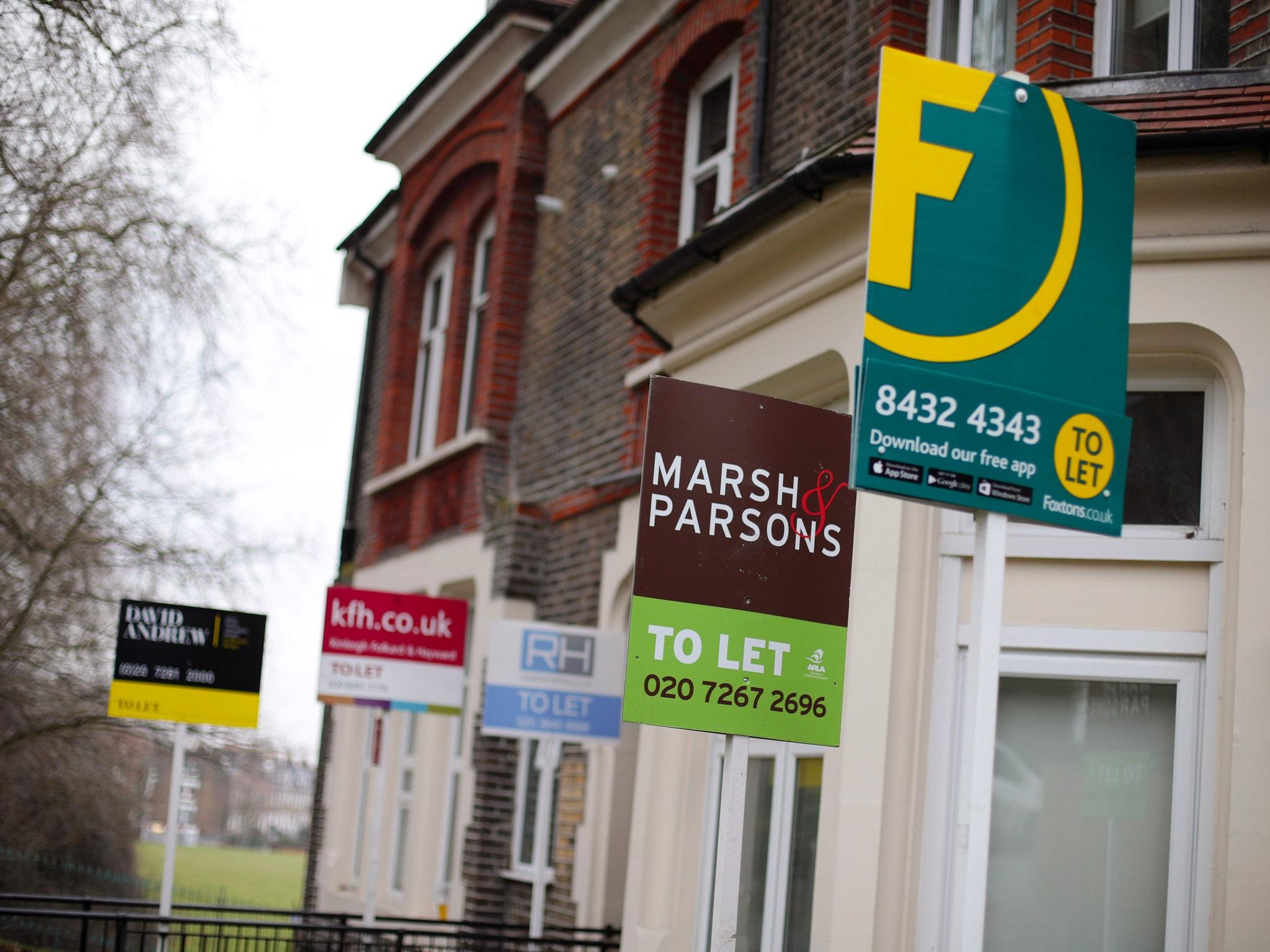Now more than ever, the youth are relying on the bank of mum and dad to buy property. It is an economic disaster
Without inheritance to give a leg up – or even help with a stake in that first home – for many that climb is impossible


Your support helps us to tell the story
From reproductive rights to climate change to Big Tech, The Independent is on the ground when the story is developing. Whether it's investigating the financials of Elon Musk's pro-Trump PAC or producing our latest documentary, 'The A Word', which shines a light on the American women fighting for reproductive rights, we know how important it is to parse out the facts from the messaging.
At such a critical moment in US history, we need reporters on the ground. Your donation allows us to keep sending journalists to speak to both sides of the story.
The Independent is trusted by Americans across the entire political spectrum. And unlike many other quality news outlets, we choose not to lock Americans out of our reporting and analysis with paywalls. We believe quality journalism should be available to everyone, paid for by those who can afford it.
Your support makes all the difference.It is, in any sense, a social and economic disaster.
As has been widely reported, home ownership among the young has fallen dramatically right across the UK. In London and the South-east the decline is sharpest, with the proportion of 25- to 34-year-olds owning their homes halving between 1995-96 and 2015-16. In London it is down to 20 per cent from 48 per cent 20 years ago, and in the South-east from 62 per cent to 32 per cent.
I think we all know what has gone wrong. There has been a big increase in the population and we have not built enough homes to house the people. So prices have soared out of reach of middle-income wage earners: the ratio of prices to earnings has never been greater. It is a small comfort that the number of first-time buyers has recovered to the highest level since the financial crisis 10 years ago and that planning controls are at least being eased.
Other measures, including forcing builders to use undeveloped land, are in the pipeline. But realistically it will be a 20-year slog to reverse what has happened – and that is a catastrophe.
All this has rightly received a lot of attention. But there is a second parallel concern that has appeared on the wealth of the young. The point is simple. Home ownership is for most people the principle way in which they acquire and store wealth, more important even than pension rights. If it is harder to build up wealth in that way, the result will be that people who are unable to buy their own homes will end up much poorer than those who managed to do so.
It gets worse. Many people buying their first homes do so with the help of their parents, so parental wealth becomes a more and more important determinant of whether people can build up wealth themselves. So inheritance, rather than earnings, becomes the main way in which people will become wealthy.
This phenomenon was highlighted by Paul Johnson, director of the Institute for Fiscal Studies, in a recent speech to Seven Investment Management. He argued that the cost of housing had combined with low returns on investment, the triple lock on public pensions and other features to make inheritance relatively more important. (He could have added student loan debt to the pot.) As a result:
“Inheritance is increasingly contributing to life wealth, which in turn has consequences for social mobility, and therefore inheritance is probably the most crucial factor in determining a person’s overall wealth since Victorian times.”
I am afraid he is probably right. All generations face challenges, and by the standards of people born a century ago most people alive in the UK today have been lucky. We have not had to fight in a world war for a start. True, people now reaching retirement age had in their early working life to contend with inflation and interest rates in double digits. But they could buy a house.
It is true too that people entering the job market over the past 20 years have had wider opportunities than those who were applying for their first jobs in the recessions of the early 1980s or early 1990s. There is quite a lot of evidence that people who hit the job market at the wrong time are disadvantaged for the whole of their lives. Employment is now the highest it has ever been and unemployment the lowest since the 1970s, and that does not get as much celebration as it deserves.
But if job opportunities are greater than ever, the mountain that people have to climb to acquire even modest wealth is higher than ever too. Without inheritance to give a leg up – or even help with a stake in that first home – for many that climb is impossible.
So what’s to be done? There is no magic wand but there are lots of small things that need to happen. Building more homes is vital. Increasing returns on savings is vital too. Helping people build pension pots will be part of the solution, and at last there is progress on that. And my own other priority would be better financial education – explaining for a start the importance of savings and the effect of compound interest in building wealth.
But one thing is for sure. A situation where you need to inherit money to become rich sits uncomfortably with democracy. People have to feel they can earn their way to, if not wealth, at least financial comfort. If that path is shut off they will become ratty indeed.
Join our commenting forum
Join thought-provoking conversations, follow other Independent readers and see their replies
0Comments